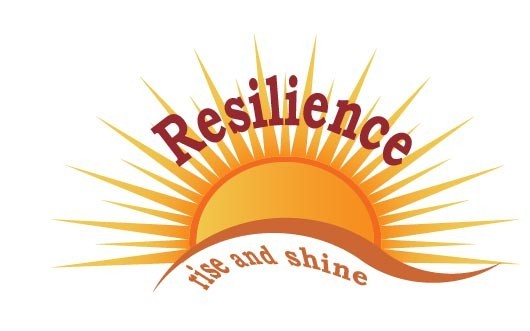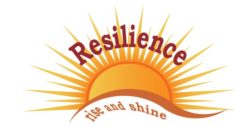Create the future with an empowered peer workforce.
In 1999, Gene and Lori pioneered in the bold move to train and add Peer Support Specialists, those with lived recovery experience who previously had only received services, to the workforce at Recovery Innovations. In the next few years, hundreds of Peer Support Specialists were added to the Recovery Innovations workforce. They worked in dedicated peer support roles on blended and peer and professional teams. As recovery experts, their wisdom and contribution transformed the organization as they taught the leaders and professional staff the pathways to recovery.
As the peer workforce at Recovery Innovations grew, Lori, in her role as Executive Director of the Recovery Opportunity Center at Recovery Innovations, organized the training of thousands of peers in over 30 States in the US and five countries abroad. Then in 2007 CMS issued a guidance bulletin to the States that endorsed peer support and encouraged States to include peer support in their Medicaid program, “Peer support services are an evidence-based mental health model of care which consists of a qualified peer support provider who assists individuals with their recovery from mental illness and substance use disorders. CMS recognizes that the experiences of peer support providers, as consumers of mental health and substance use services, can be an important component in a State’s delivery of effective treatment.” (Department of Health and Human Services, CMS, SMDL 07-011, 2007). Today 42 States recognize peer support as a reimbursable covered service in their Medicaid programs.
Following a Congressional briefing on April 29, 2015 presented by DBSA in both the House and the Senate, Ron Mandersheid, Ph.D., Director of the National Association of Behavioral Behavioral Health and Developmental Disability Directors, commented, “The Affordable Care Act already has increased private health insurance enrollment by about 11.7 million through the state Health Insurance Marketplaces, and by about 6 million more through the state Medicaid Expansions. Of the former, about a quarter of the enrollees have a behavioral health condition; among the latter, fully 40%. This translates into more than 5 million potential new consumers for a behavioral health care system that already is laboring to meet the needs of current participants. Thus, peer support services are an exceptionally welcome new resource—in my words, priceless!” (Behavioral Healthcare, May, 2015)
The Resilience team has the tools and experience to build and strengthen the contribution of Peer Support Specialists in your organization. To be employed as a Peer Support Specialists requires successful completion of an initial training program. But, what then?
- With our curriculum of advanced peer practices and now the skills of building resilience, Resilience can position your peer staff to accelerate their contribution to a new level of skill and competence.
- And, leading and coaching a peer workforce requires organizational commitment and education of the leaders and supervisors in your organization. The Resilience leading and coaching curriculum will create the organizational space and the supervisory skills required to fully support peers on your teams to stay true to the principles of peer support and maximize their contribution to recovery and resilience.
Contact Resilience to learn how to build the resilience within your organization to thrive in tomorrow’s dynamic healthcare environment that is filled with hope and opportunity.
